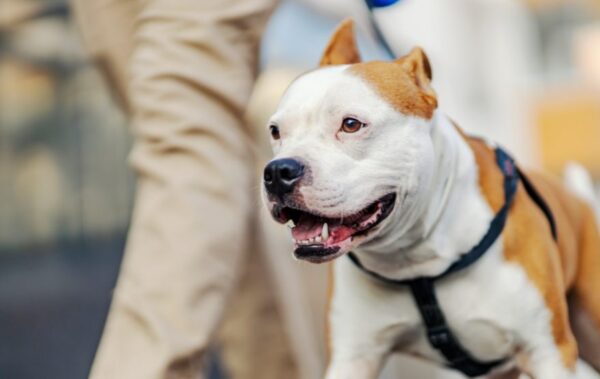Lifestyle
5 tips to choose the right dog for you

Choosing the right dog to join your family is a big move and it should not be taken lightly.
Dogs come in various breeds, each with its unique characteristics, energy levels, and care requirements.
To ensure a long-lasting relationship with your new fur baby, keep these 6 things in mind when selecting the perfect dog for you and your family.
1. Lifestyle and activity level
Your daily routine and activity level play an important role in determining the right dog breed for you. Some breeds are highly active and they need a lot of exercise, but then we have some breeds that are more laid-back. First, sit and think about how much time and energy you have to meet a dog’s exercise needs. If you enjoy regular outdoor activities and have an active lifestyle, consider breeds like Labrador Retrievers, Australian Shepherds, or Border Collies. If you prefer a more relaxed lifestyle, a Bulldog, Basset Hound, or Shih Tzu might be a better fit.
2. Size and space
The size of your living space is another important factor to consider. Larger breeds generally require more room to move around comfortably. Smaller apartments or homes may not be suitable for breeds like Great Danes or Saint Bernards. If you have limited space, opt for a smaller breed or even a toy breed like a Chihuahua or a Pomeranian. Always ensure that your living situation is conducive to the dog’s size and exercise needs.
3. Allergies and shedding
Dogs can be carriers of several allergies and many dog owners face this issue. If you or a family member is allergic to pet dander, it’s essential to choose a hypoallergenic breed that sheds less dander. Breeds like Poodle, Bichon Frise, or Maltese are known for being hypoallergenic. Keep in mind that even hypoallergenic dogs can trigger allergies in some individuals, so spending time with the dog before adopting is recommended.
4. Temperament and compatibility
Your dog’s temperament should align with your lifestyle and family dynamics. Some breeds are known for being independent, while others are more social and affectionate. Research breed characteristics and consult with breeders or shelters to find a dog with a temperament that matches your expectations. Additionally, consider how the dog will interact with other pets and children if you have them. Breeds like Golden Retrievers, Labrador Retrievers, and Beagles are often great choices for families due to their friendly and adaptable nature.
5. Grooming and maintenance
Some dogs need regular brushing, while others may need professional grooming. Consider how much time and effort you’re willing to invest in grooming your dog. Breeds with long, silky coats, such as the Afghan Hound or the Shih Tzu, may require more maintenance than short-haired breeds like the Boxer or the Dalmatian.
6. Health
You should be aware of common health issues that are associated with specific breeds and the potential costs of medical care. Mixed-breed dogs can be hardier due to their genetic diversity, but purebred dogs may have specific breed-related health problems. Research the breed’s typical health issues and be prepared for potential expenses. Consider adopting from a reputable breeder that provide thorough health check-ups and history for their dogs.










